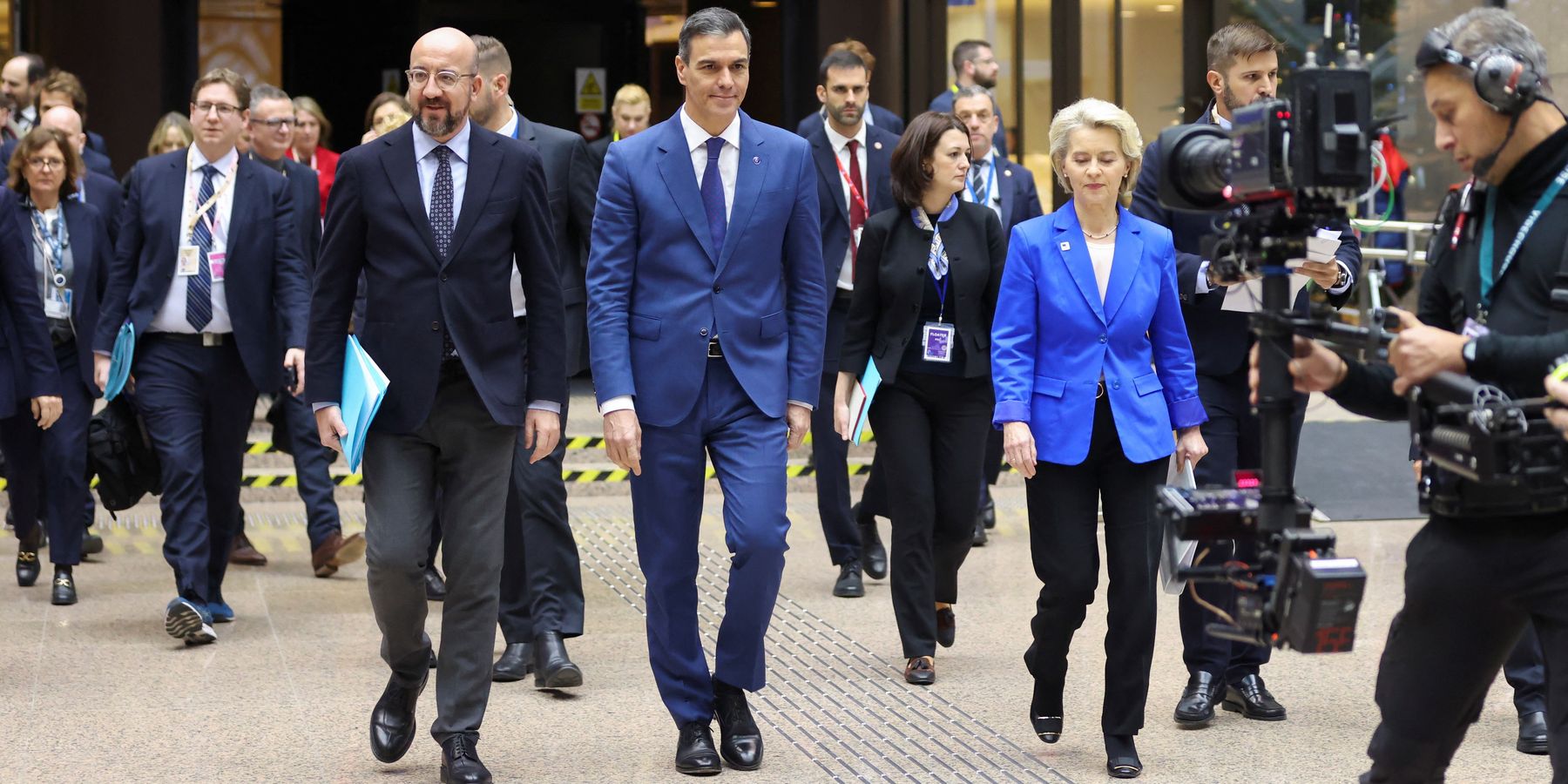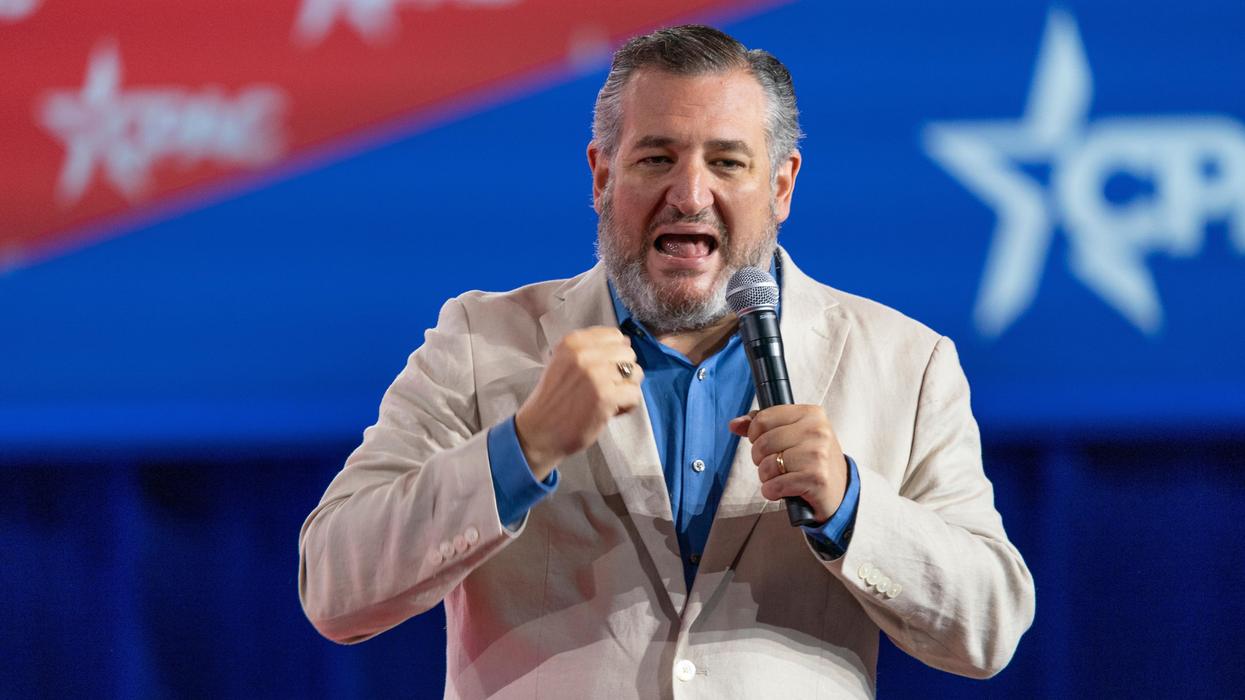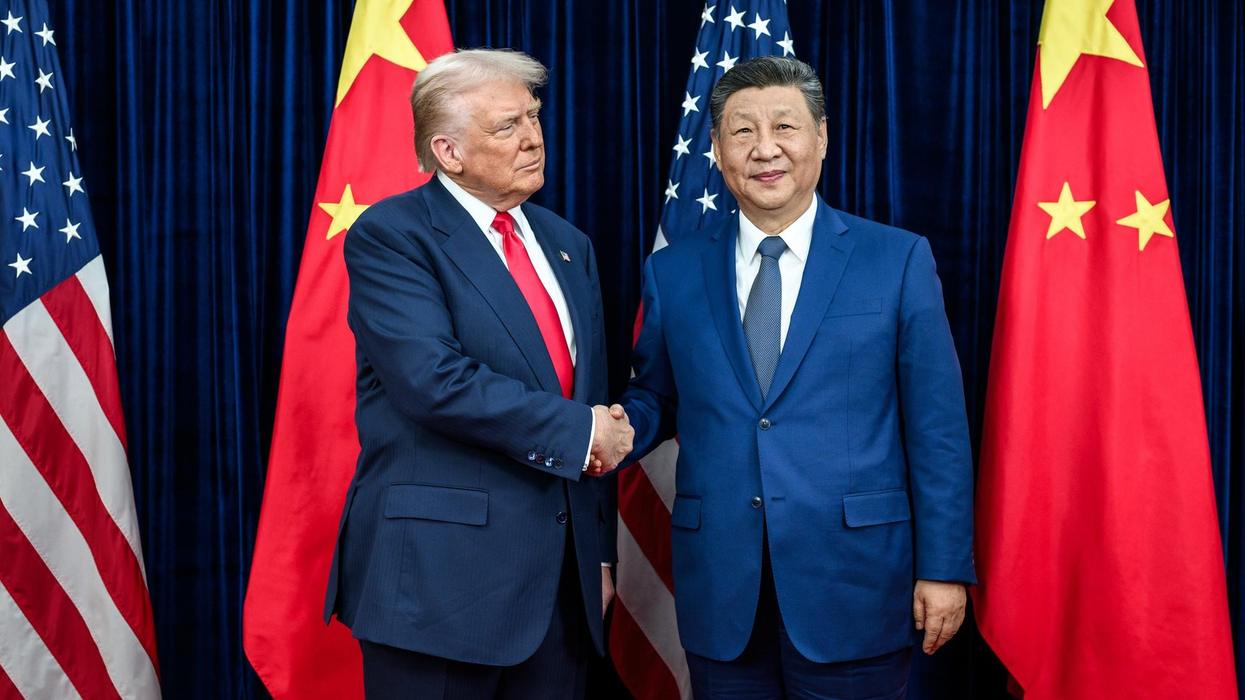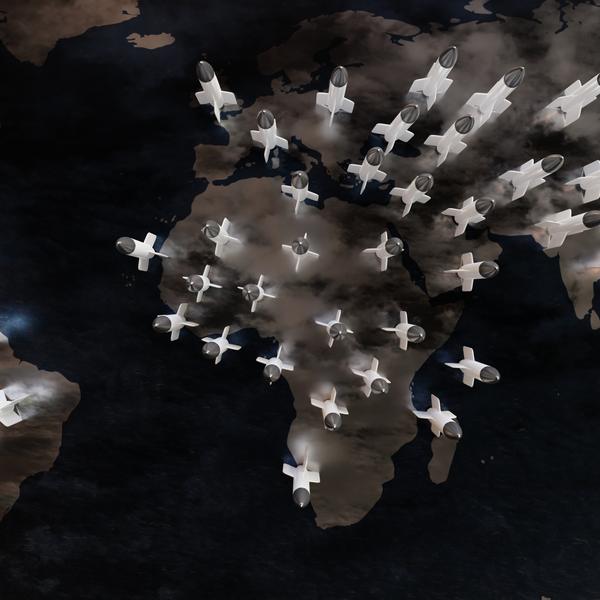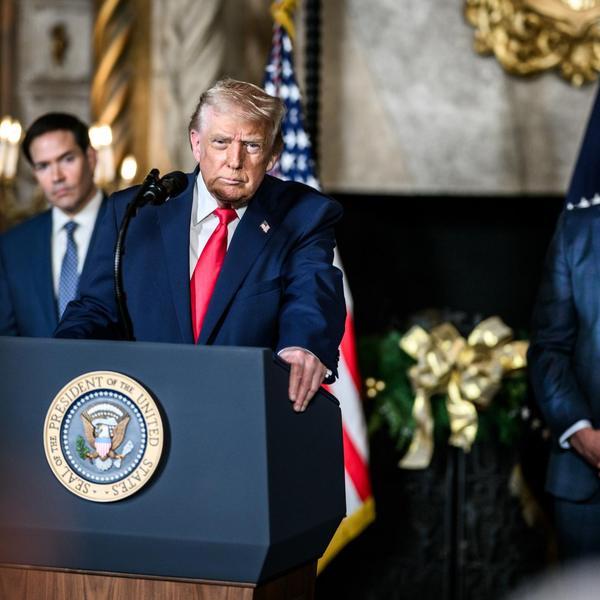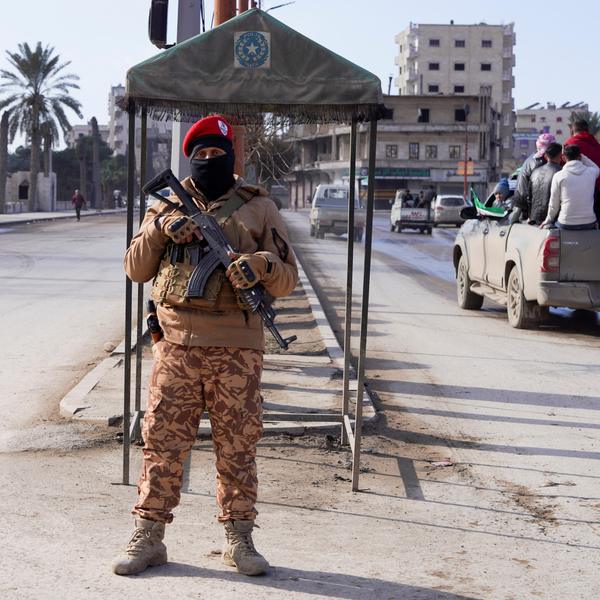The EU Council summit of December 14-15 offered a significant, if perhaps mainly symbolic, gesture toward Ukraine in agreeing to the formal opening of accession negotiations.
But at the same meeting, the bloc failed to approve financial (not military) support for Ukraine for the four-year period through 2027, amounting to 50 billion euros. Approval of this aid was vetoed by Hungary.
Thus, a very muddled message about how EU countries are dealing with the Ukraine war issue, nearly two years from the start of the Russian invasion in Feb. 2022.
Supporters of the aid package have agreed to take it up again in January, and, if necessary, to get commitments from the 26 supporters of the package to provide the funding for Ukraine bilaterally, rather than as part of the EU budget.
In the lead-up to the meeting, Hungarian Prime Minister Victor Orban pledged to block both the opening of accession talks and the financial aid package. In the end, he left the room just before the vote to open accession talks was held. He may have done so because, days before the Council meeting, the Commission unblocked 10 billion euros of funding for Hungary that had been suspended because of Hungary’s failure to meet EU rule-of-law standards.
In acquiescing to the opening of accession talks for Ukraine, Orban is very much aware that the process will require unanimous approval by the Council at many junctures ahead. Moreover, it may be very protracted: accession talks are still ongoing with North Macedonia (since 2020), Montenegro (2012), Serbia (2014) and Albania (2022).
But the war aid issue is much more urgent. According to the Kiel Institute’s Ukraine assistance scorecard, the EU institutions have been to date by far the largest provider of financial support to Ukraine. The IMF has cautioned that even a brief delay in providing this support could potentially destabilize Ukraine’s precarious fiscal situation and the provision of essential services to its people.
The mood in Europe shifting?
Efforts to persuade Orban to end his opposition to the Ukraine aid package could well produce results in time for a January reconsideration, but the optics of the EU hesitations are not good, coming as they do in lockstep with those of Washington. These developments have been widely depicted in Western media as a failure of President Zelensky’s personal lobbying efforts to unblock essential U.S. and EU aid before the end of 2023.
Hungary was alone in open opposition to the two measures of support for Ukraine. It is nevertheless clear that the mood in Europe has turned cooler on Ukraine, given the Eurozone’s weak economic performance and the failure of the counteroffensive to make any significant territorial gains.
The recent electoral success of the populist, Euro-skeptic Freedom Party in the Netherlands, whose leader Geert Wilders has long opposed military aid to Ukraine, can be interpreted as part of a trend toward Ukraine fatigue in Europe. On the other side of the ledger, pro-European and pro-Ukraine Polish Prime Minister Donald Tusk, who led liberal forces to victory in October against the nationalist-populist former ruling party, made his inaugural appearance at the Council summit and firmly aligned himself against Orban.
Although French President Emmanuel Macron had also personally lobbied Orban to change his position, German Chancellor Olaf Scholz claimed credit for persuading him to leave the room when the accession vote was about to be taken.
Interpreting the accession decision— strategic intent and economic constraints
The EU Council voted unanimously to open EU accession talks with Ukraine for “strategic” reasons — because not doing so would have been seen as a rebuke to Ukraine’s deepest aspirations.
The appeal of this message of encouragement to Ukraine apparently was enough to assuage the worries in several member states in Central and Eastern Europe about the potential impact on their own national economics of eventual EU membership for Ukraine. A leaked internal analysis from the Commission estimates the budgetary impacts of an EU enlarged to include Ukraine, Moldova, Georgia and six western Balkans states. By far the most significant impact would be due to Ukraine’s accession.
The study found that EU agricultural and cohesion funds for Ukraine as an EU member would amount to 186 billion euros in the first seven years. Agricultural support to other EU members would need to fall by about a fifth, and the Czech Republic, Lithuania, Estonia, Cyprus and Malta – would no longer be eligible to receive cohesion funding. Unless there were a dramatic reform of EU programs, the enlargement to include nine new members would turn several net recipient countries into net contributors to the EU budget.
The politics of such a dramatic reversal of fortunes in countries accustomed to EU largesse could be difficult to manage and might well give rise to greater popular euro-skepticism. Early indications of this potential impact have arisen in Poland, where popular support for the Ukrainian war effort remains quite robust.
However, the situation has been clouded since mid-2023 by emerging grievances among those affected by competition from Ukraine. Troubles arose earlier this year among Polish grain producers affected by cheaper Ukrainian grain. Since November 6, Polish truckers’ grievances have erupted in protests involving hundreds of trucks at all major border crossings, bringing Ukrainian trucks’ passage to a standstill. The protesters claim that a relaxation of permit requirements for Ukrainians trucks entering the EU — a measure adopted by the European Commission to support Ukraine’s economy after Russia’s invasion — has harmed the livelihood of Polish truckers.
In recent weeks, Hungarian and Slovakian truckers have joined in blocking major border crossings with Ukraine to their respective countries. Prime Minister Donald Tusk has stated that he will end the blockade but will do so in a way that meets some of the Polish truckers’ grievances. Even as a convinced European, Tusk is proceeding cautiously.
The opening of accession talks is a substantial watershed for Ukraine, but it seems highly unlikely that Ukraine could accomplish the daunting agenda of legal and institutional reforms required for accession while being engaged in a full-scale military confrontation on its territory.
Bulgarian regional expert Ivan Krastev argues that the providing of this long-term perspective to Ukraine in fulfillment of its aspirations to be recognized as fully European and a part of the West may induce greater willingness by Ukraine’s leaders to consider pursuing a negotiated settlement. “Only strong security guarantees and a promised European future could persuade Ukrainians to accept territorial concessions at some point,” he said.
In other words, the promise of Europe, while genuine on its own terms, may also serve as encouragement of efforts to end the war short of the full accomplishment of Ukrainian war aims.
- Polish and Slovakian elections yield mixed signals for EU unity ›
- What really happens if Ukraine aid runs out? ›
- Diplomacy Watch: Ukraine’s arduous path to EU accession ›
- Diplomacy Watch: Western aid for Ukraine on divergent paths? | Responsible Statecraft ›
- EU-NATO countries split entirely over Israel, Iran, and Houthis | Responsible Statecraft ›
- Cracks in European ‘unity’ on Ukraine | Responsible Statecraft ›
- UN Charter turns 80: Why do Europeans mock it so? | Responsible Statecraft ›

